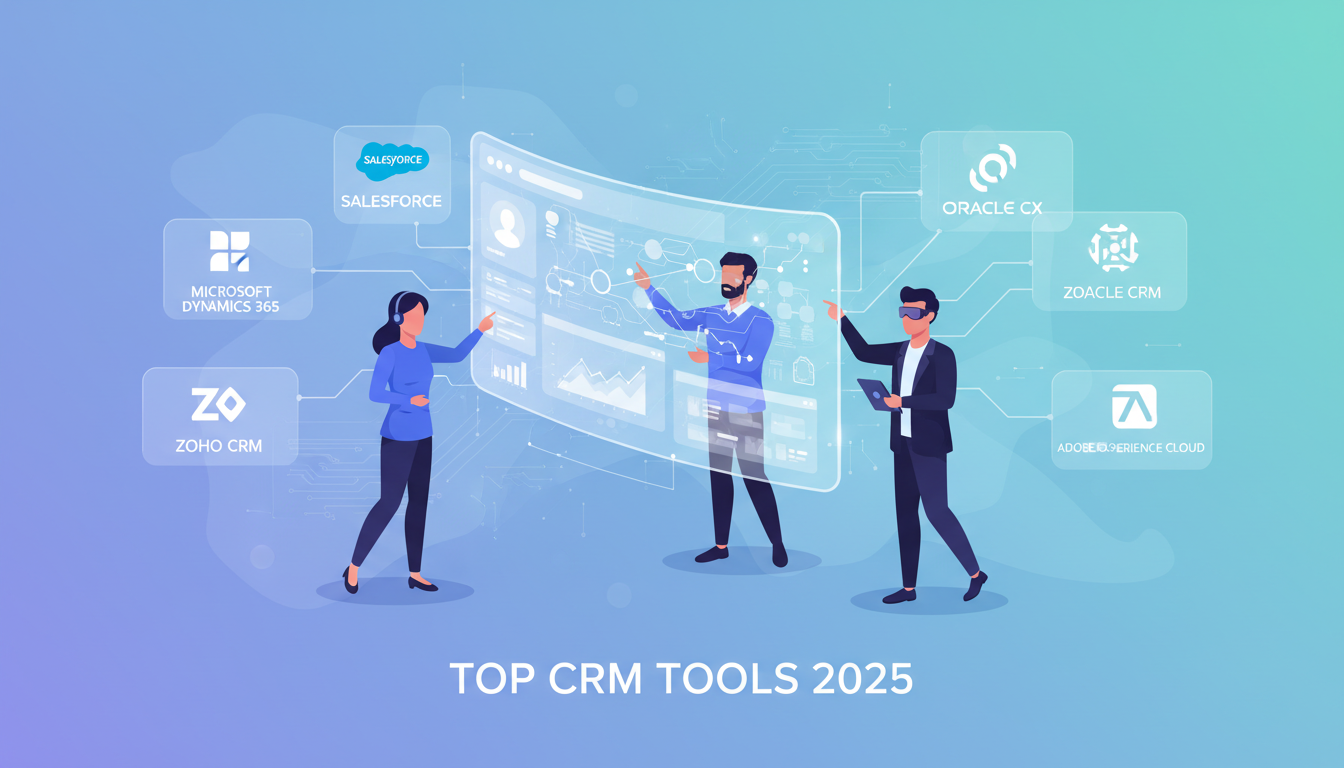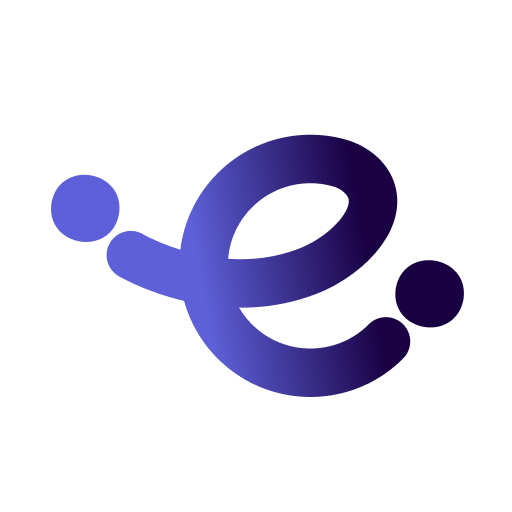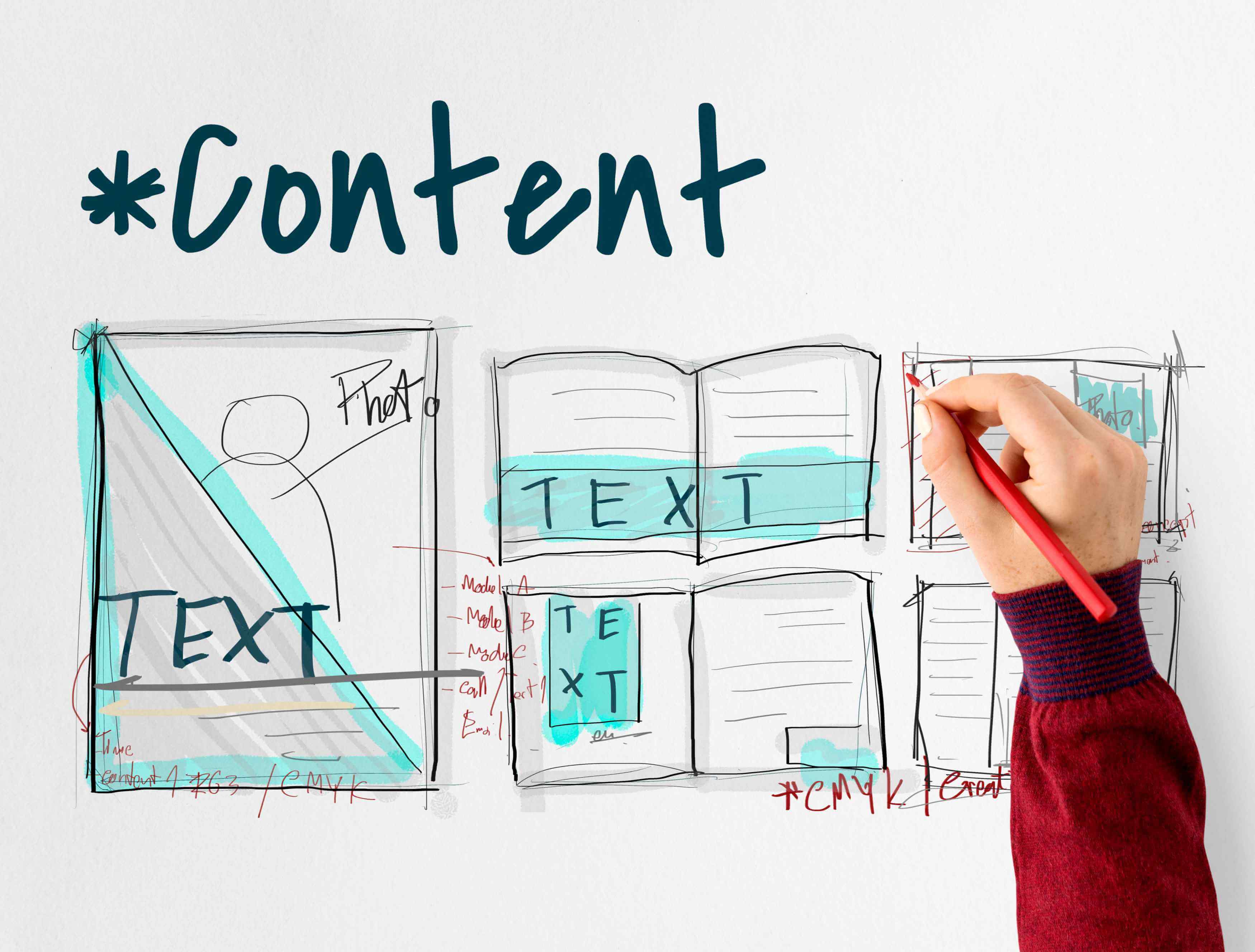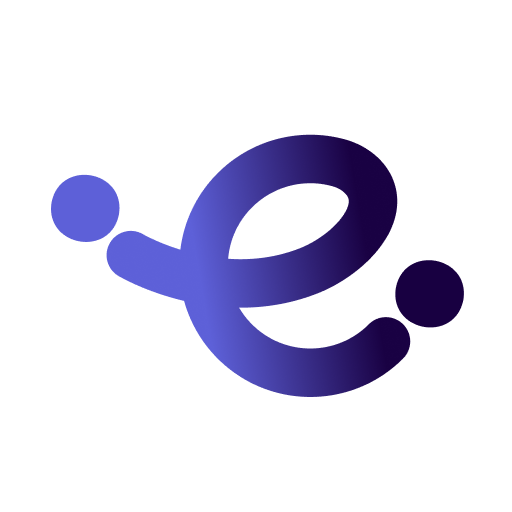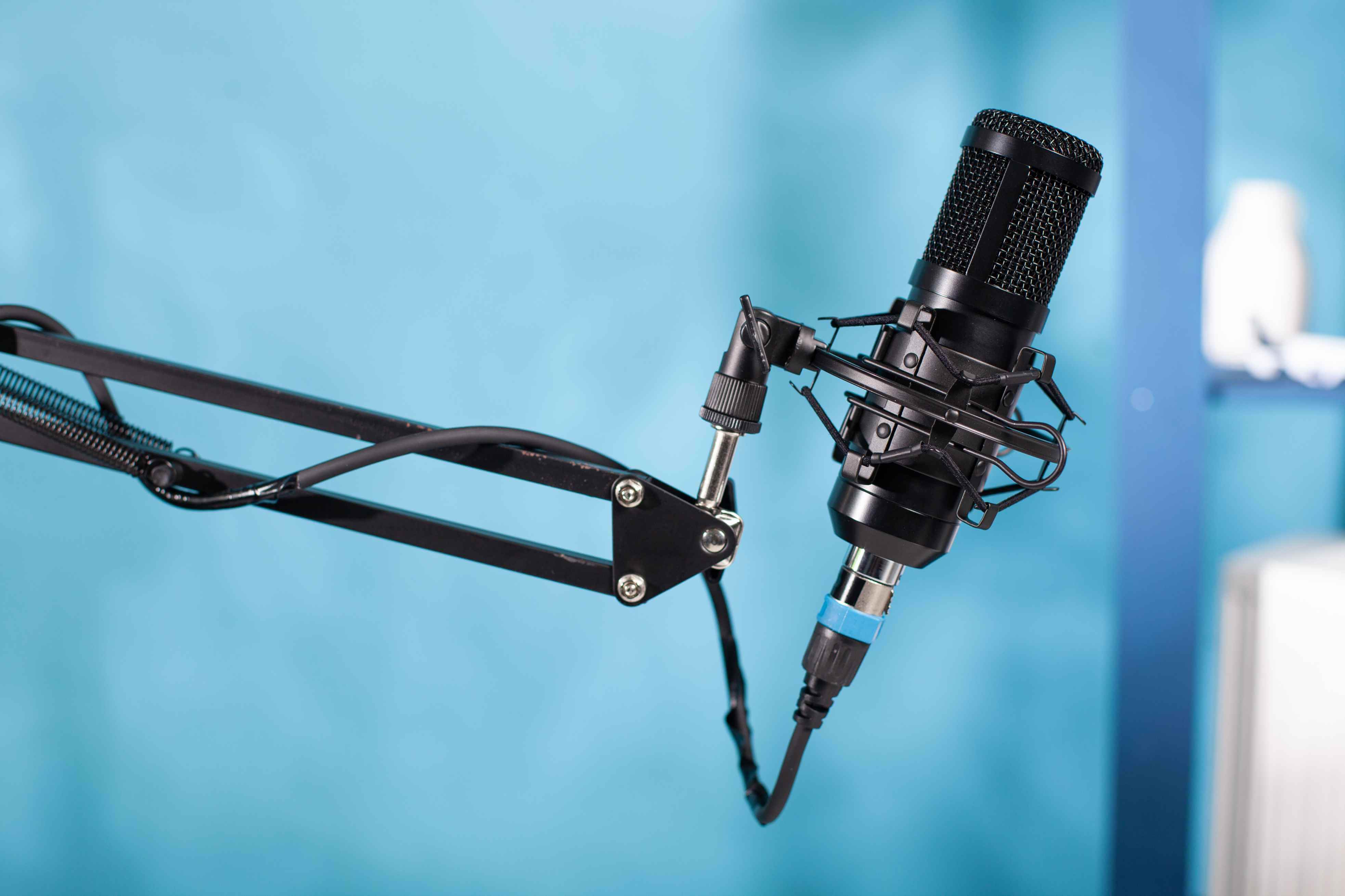Each year, Google I/O energizes the global tech community by bringing together developers, creators, and fans of the Google ecosystem. And the 2025 edition was no exception.
Held on May 14–15 at the Shoreline Amphitheatre in Mountain View, California, this year’s event welcomed a diverse crowd of entrepreneurs, engineers, and digital professionals.
At its core, Google I/O is about sharing breakthroughs in AI, Android, hardware, and cloud while opening up direct conversation with developers. Through keynotes, demos, and hands-on sessions, attendees gain not only early access to tools, but also real-world insights to elevate their work.
A Visionary Leap Forward
What made Google I/O 2025 especially impactful was its bold vision, centered on:
-
The rise of advanced multimodal AI
-
New creative platforms for professionals and everyday users
-
A reimagined search and assistance experience
-
Significant hardware and software innovations
It wasn’t just a tech showcase — it was a glimpse into the future of digital life.
AI-Focused Developments
Artificial intelligence was at the heart of nearly every announcement. From updates to Gemini to the unveiling of Project Astra, the message was clear:
Google is investing in more personal, integrated, and context-aware AI.
What’s New in Gemini 2.5
Google’s latest multimodal AI model, Gemini 2.5, introduced major upgrades in reasoning, memory, and multiturn dialogue.
Key enhancements include:
-
Improved Multimodal Understanding
Understands and analyzes images, videos, and documents alongside text -
Contextual Memory
Remembers user preferences across sessions — all while preserving privacy -
Boosted Code Reasoning
Handlescomplex programming tasks, making it a valuable dev companion
Gemini Flash, Pro & Ultra Plans
Google announced a clearer tiered structure for accessing its Gemini models, designed to serve the different needs of different users. Each plan is optimized for a specific user scenario, from everyday use to intensive professional needs.
-
Gemini Flash
Lightweight and ultra-fast — ideal for mobile and on-device tasks -
Gemini Pro 2.5
Balanced power and speed — integrated into Google Workspace and Android -
Gemini Ultra 2.5 (Coming Soon)
Built for enterprise-grade work and research-level performance
Gemini Integration with Chrome & Android
As of the latest updates, Google has been making AI deeply accessible across its platforms. Gemini is now natively integrated into:
Notable integrations:
-
Chrome Sidebar
Use Gemini to summarize, write, or debug right inside the browser -
Android 15
Long-press the Home button to launch Gemini as a universal overlay assistant -
Google Workspace
Enhanced Smart Compose, Help Me Write, and custom workflows powered by Gemini
Project Astra – The Future of AI Assistance
One of the most futuristic announcements was Project Astra, Google DeepMind’s prototype AI agent that uses a live camera feed to interact in real-time.
What Makes Astra Unique:
-
Live Understanding
Sees through a camera and responds instantly via voice -
Cross-Device Flexibility
Works on mobile, desktop, and smart glasses
Use Cases:
-
Identifying real-world objects
-
Locating items (like keys or remotes)
-
Acting as a live tutor or assistant during tasks
💡 Though still in its early stages, Astra hints at an AI future that's context-aware, always-on, and assistive in the physical world.
Find the Right Agency for Your Artificial Intelligence (AI) Needs
Visual and Audio Creation Tools
In step with the expanding capabilities of generative AI, Google unveiled major updates to its image, video, and music generation tools — now faster, more realistic, and deeply integrated into Google’s creative ecosystem.
These tools aim to empower creators with more intuitive workflows and higher production quality, whether for professional content or everyday use.
Creating Videos with Veo 3 & Flow
Veo 3 is Google’s most powerful video generation model to date. It can create 1080p cinematic-quality videos over a minute long, directly from text prompts.
-
Text-to-video support: Includes detailed scene and camera instructions
-
Style control: Apply effects like aerial shots, time-lapse, or animation
-
Realistic rendering: Handles motion, lighting, and transitions with precision
Flow is a new storyboard-style interface that makes Veo easier to use. It allows creators to build structured scenes with drag-and-drop ease.
-
Scene-by-scene video generation
-
Prompt-based design blocks
-
Custom soundtrack pairing (via Lyria)
Realistic Image Generation with Imagen 4
Imagen 4 sets a new standard for text-to-image AI by producing photorealistic visuals with strong spatial and compositional understanding.
Now integrated into ImageFX and Google Workspace, Imagen 4 is designed for creators, marketers, and everyday users.
Major upgrades include:
-
High-fidelity rendering: Accurate proportions and detail
-
Photorealistic portraits: Faces and textures are more natural
-
Better spatial logic: Objects are positioned more realistically in scenes
Music Creation with Lyria 2
Developed by Google DeepMind,Lyria 2 is a generative music model designed for both casual and professional creators. It powers YouTube Music AI tools and integrates with video generation workflows.
Lyria 2 Capabilities:
-
Generate music by mood, style, or genre prompt
-
Auto-sync soundtracks to AI-generated video content
-
Fine-tune instrumentation, tempo, and structure for custom results
| Tool | Format | What It Creates |
| Veo 3 | Text-to-video | Cinematic videos (1080p) |
| Imagen 4 | Text-to-image | High-quality photorealistic images |
| Lyria 2 | Music AI | Royalty-free music by mood |
The New Google Search Experience
Google Search is undergoing one of its most significant transformations yet. Now enhanced by Gemini and supported by a new generation of live research tools, Search is evolving from a static query box into an intelligent information workspace.
The updated experience merges traditional indexing with AI-generated summaries, context-aware interactions, and multimodal inputs — making search more helpful, dynamic, and conversational.
AI Mode in Search
Google’s new AI Mode introduces a layer of conversation and context to traditional results. Currently in testing across the U.S., global rollout is expected soon.
AI Mode features include:
-
AI-generated overviews: Summarized insights, not just links
-
Suggested follow-up queries: Dynamically offered based on user intent
-
Multimodal support: Understands text, images, and visual inputs in a single query
This makes the search experience feel more like an ongoing dialogue than a one-time interaction.
Deep Research, Canvas, Search Live
Google introduced three powerful tools that extend Search into deep research and creativity workflows:
-
Deep Research
An exploratory space where AI builds multi-step answers, cites sources, and evolves as you refine your query. -
Canvas
A drag-and-drop research board to collect content, notes, and images with AI assistance. -
Search Live
Live exploration of evolving events (e.g., sports scores, breaking news) with real-time updates and context layers.
These additions shift Google Search from passive results to active content collaboration.
Key Differences Between Classic Search and AI-Powered Search
Google's integration of Gemini marks a turning point, shifting Search from static link lists to a dynamic, AI-assisted experience.
|
Feature |
Classic Search |
AI-Powered Search (Gemini) |
|
Query Response |
Keyword-based links |
Summarized, contextual answers |
|
Follow-up Questions |
User must input manually |
AI suggests relevant follow-ups |
|
Multimodal Support |
Limited or none |
Text + images + videos |
|
Research Tools |
Not available |
Deep Research, Canvas |
|
Update Speed |
Periodic web crawling |
Live, real-time updates |
Android and Hardware Announcements
Hardware innovations took a major leap forward at Google I/O 2025, with a strong focus on immersive computing. The announcements centered on Extended Reality (XR), spatial interfaces, and realistic presence tech that bring the digital and physical worlds closer than ever.
Android XR and Project Aura Overview
Google officially unveiled Android XR, a new spatial operating system built in collaboration with Samsung and Qualcomm.
The XR headset, known as Project Aura, will run Android XR and feature:
-
Dual 4K displays
-
Advanced hand and eye tracking
-
On-device Gemini integration
-
Seamless sync with Pixel phones and tablets
This positions Android XR as a major competitor in the spatial OS race.
Google Beam (Formerly Project Starline)
Now rebranded as Google Beam, this initiative reimagines video calling as holographic presence. Aimed at enterprise and high-end collaboration spaces, Beam creates the illusion of being physically together.
Latest developments include:
-
A compact and affordable version of the original prototype
-
Real-time 3D imaging of participants
-
Ultra-low latency and life-size rendering for natural interaction
Google Workspace & App Updates
Google’s productivity suite has been deeply enhanced through AI, making collaboration more intelligent and seamless.
These updates streamline how we write, meet, and organize information across apps.
What’s New in Gmail, Meet & Chrome
Google has rolled out a series of AI-driven enhancements across Gmail, Meet, and Chrome, focusing on smarter communication, improved productivity, and more intuitive browsing.
Gmail
-
“Help Me Write” now uses context from email threads
-
AI-based tone tuning and intent detection
-
Smart fill for repetitive fields (names, addresses, etc.)
Google Meet
-
Real-time notes powered by Gemini
-
Auto-translated captions in more languages
-
Eye contact correction available on mobile
Chrome
-
AI-powered tab organizer to reduce clutter
-
Automatic article summarization
-
Gemini sidebar for writing, coding, and productivity tasks
Stitch – A New Collaboration Tool
Google also introduced Stitch, a flexible, visual workspace built for team brainstorming and planning. Still in beta (for Workspace users), Stitch combines real-time collaboration with embedded content and AI support.
Key features of Stitch include:
-
Embed Docs, Sheets, Slides directly into the board
-
Add videos, images, sticky notes for visual thinking
-
Use the live AI assistant to summarize discussions and generate action steps
Frequently Asked Questions

When was Google I/O 2025 held?
Google I/O 2025 took place on May 13, 2025, in Mountain View, California, and was streamed live globally via YouTube and the official Google I/O website.
What does Gemini 2.5 Pro do?
Gemini 2.5 Pro is a powerful multimodal AI model that understands text, images, and code. It powers smart assistance across Workspace, Chrome, and Android, delivering fast, accurate, and context-aware responses with advanced reasoning capabilities.
How do you create a video using Flow?
To create a video with Flow, open the interface via Labs or the Veo homepage. Enter a prompt or upload a storyboard, customize your scenes and visual style, then generate and export your video. You can also add a soundtrack using Lyria.
Where is Imagen 4 used?
Imagen 4 is available through ImageFX in Labs, and is integrated into Docs, Slides, and Gmail as part of Workspace. It’s also accessible via Google’s AI Test Kitchen for experimental use.
What is the use of Android XR glasses?
Android XR glasses, developed under Project Aura, enable immersive features like spatial computing, AR-enhanced video calls, and hands-free productivity. They run on Android XR and pair with your Pixel or Android device for seamless interaction.



